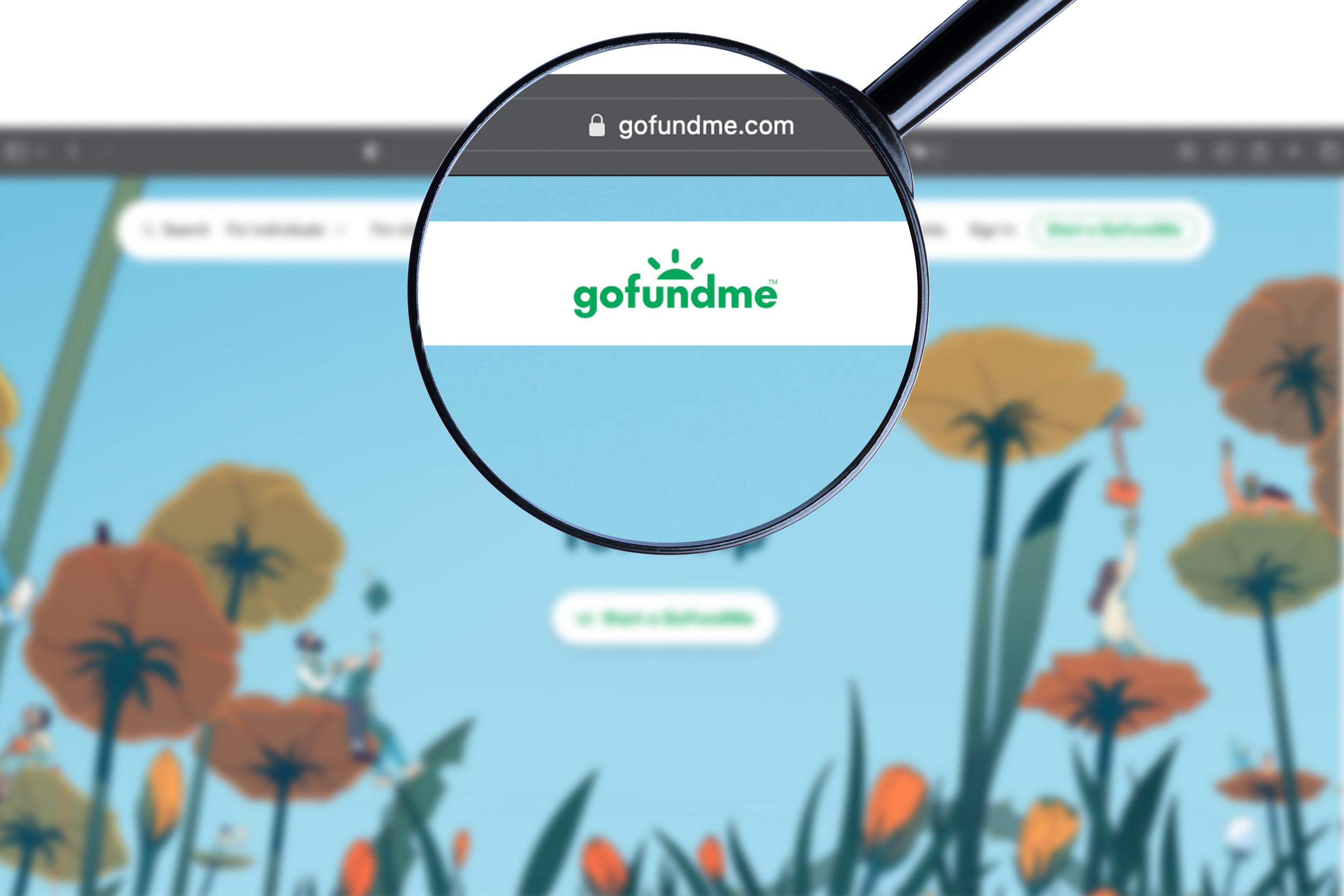
When tragedy strikes, the internet rallies. GoFundMe pages pop up within hours, fueled by grief, solidarity, and the urge to help. These campaigns can raise thousands, sometimes millions, faster than any formal process can catch up. But behind the warm glow of community generosity, there’s a new player paying very close attention: state courts.
Judges, attorneys, and even law enforcement are increasingly monitoring these digital fundraisers for signs of fraud, disputes over funds, and questions about who gets the money.
The Rise of Digital Mourning Funds
Online crowdfunding has become the modern-day passing of the hat. Families facing sudden loss often rely on these pages to cover funeral costs, unpaid bills, or to support children left behind. With nothing more than a few photos and a heartfelt story, donations pour in from strangers across the world. The sheer speed and scale of these campaigns is unprecedented, catching the eye of legal systems that move far more slowly. State courts now see GoFundMe as both a lifeline and a potential legal minefield.
Who Actually Owns the Money?
When donations are given online, the assumption is that the stated recipient will get the funds. But if a page is started by a friend, coworker, or distant relative, questions can erupt about who has the legal right to the money. Inheritance laws, probate rules, and even fraud statutes can suddenly come into play.
State courts may step in to decide whether the organizer must hand the funds to the family, split them among heirs, or use them strictly for the stated purpose. These disputes are becoming common enough that some judges now ask about crowdfunding campaigns in probate hearings.
Fraud Isn’t Just a Rare Scare
Crowdfunding after a tragedy has opened the door for scammers who never even knew the deceased. Fake campaigns, stolen photos, and invented stories have been exposed in multiple states, leading to criminal charges and civil lawsuits. Prosecutors often rely on social media evidence to prove misrepresentation, while donors demand refunds.
Courts may freeze accounts or order platforms to hold funds until ownership and authenticity are established. The public nature of these cases has made states more vigilant about watching the donation stream.
The Probate Court Connection
When someone dies, their assets typically pass through probate, the legal process of validating a will and settling debts. Crowdfunded money raised in their name can become part of that equation. If the deceased’s estate is insolvent, creditors may argue that GoFundMe funds should help pay debts before benefiting heirs. Judges must decide whether those donations are personal gifts to survivors or assets of the estate. These rulings set precedents that could shape how online donations are treated for years.
Family Feuds and Legal Fireworks
Even in the closest families, grief can magnify old tensions. Add tens of thousands in online donations to the mix, and disagreements can quickly turn into lawsuits. Some relatives argue they were excluded from decision-making or that funds were misused for luxury expenses instead of funeral costs. Others question why certain people, not immediate family, were chosen to control the campaign. Courts are now a frequent referee in these emotional, high-stakes battles.
Platforms Under Pressure
GoFundMe and similar sites insist they are just platforms, not arbiters of truth. Yet, legal orders often compel them to release campaign records, freeze payouts, or provide testimony. This forces tech companies to tread carefully between privacy policies and court mandates.
Some states are even exploring new legislation to regulate how crowdfunding after a death is handled. The balance between compassion and compliance is becoming a central challenge for these platforms.

The Tax and Reporting Twist
Most donors never think about taxes when clicking “give,” but large sums raised online can attract attention from revenue agencies. Depending on how the money is handled, it might count as a gift, income, or part of an estate. State courts may coordinate with tax authorities to ensure proper reporting and payment. Missteps—intentional or not—can lead to audits, penalties, or lengthy legal disputes. For families already navigating grief, these financial twists add another layer of stress.
Why This Matters Beyond the Courtroom
GoFundMe pages are no longer just feel-good stories of community kindness. They are legal and financial entities that can trigger disputes, investigations, and even criminal cases. State courts aren’t trying to crush generosity—they’re responding to the complex reality of money raised in a public, unregulated space. The involvement of judges and lawyers ensures accountability but also adds bureaucracy to moments that are already emotionally charged. Understanding this shift helps donors and families avoid painful surprises.
The New Rules of Online Generosity
The next time a GoFundMe link appears after a death, know that it’s not just the public who’s watching—state courts are, too. This growing legal attention is reshaping how money, mourning, and modern technology collide. For families, transparency and proper planning are now as important as the fundraising itself. For donors, asking a few questions before giving can ensure contributions reach their intended purpose.
Share your thoughts: Should courts step in, or should online generosity remain entirely in the hands of the people?
Read More
Draining Your Funds? 6 Parenting Traps That Secretly Drain Your Wallet
Planning for What Happens After Death Can Tear Everyone Apart
The post Why State Courts Are Watching GoFundMe Pages After a Death appeared first on Everybody Loves Your Money.







